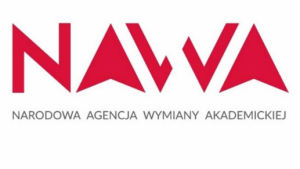Next Generation Internet - An Open Internet Initiative
This initiative aims at developing a more human-centric Internet supporting values of openness, cooperation across borders, decentralisation, inclusiveness and protection of privacy; giving the control back to the users in order to increase trust in the Internet. It should provide more transparent services, more intelligence, greater involvement and participation, leading towards an Internet that is more open, robust and dependable, more interoperable and more supportive of social innovation.
